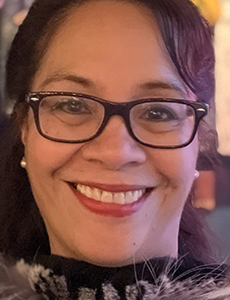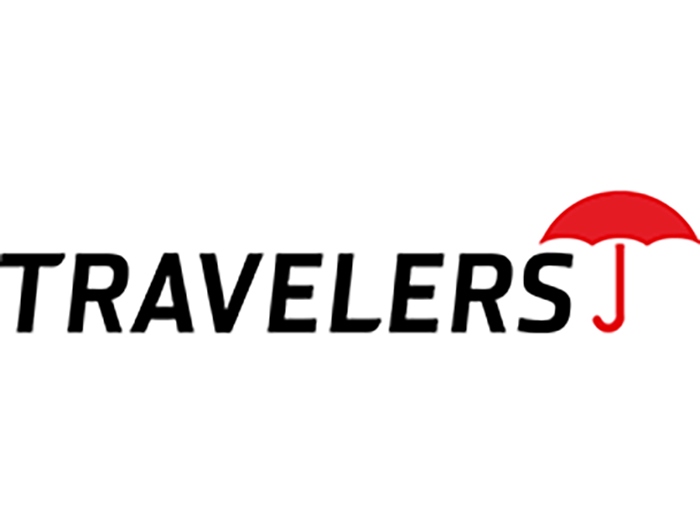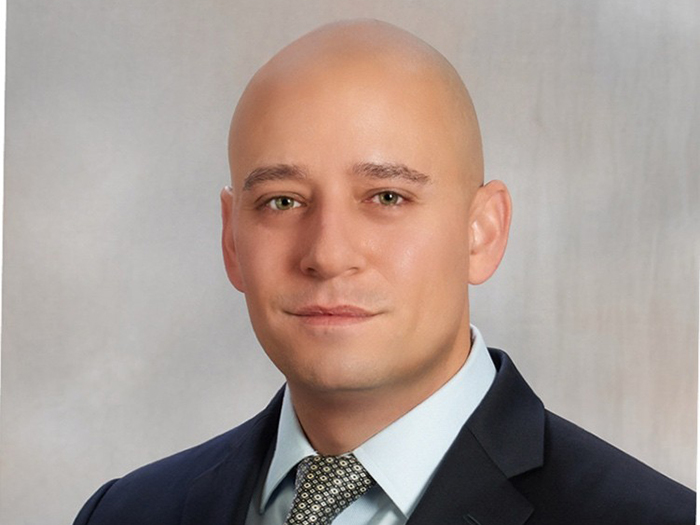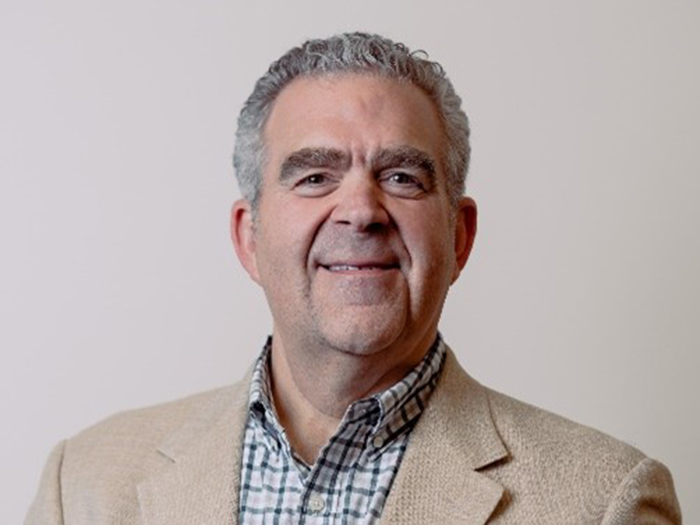2024 Theo Winner: NANA Management Services
 NANA Management Services (NMS), with over 2,000 employees primarily based in Alaska, faces unique challenges in ensuring workplace safety and employee care across its diverse operations. From security and facilities management to food services and remote camps, NMS must adapt its safety initiatives to apply across all divisions and work sites, many of which are only accessible by air.
NANA Management Services (NMS), with over 2,000 employees primarily based in Alaska, faces unique challenges in ensuring workplace safety and employee care across its diverse operations. From security and facilities management to food services and remote camps, NMS must adapt its safety initiatives to apply across all divisions and work sites, many of which are only accessible by air.
The vast distances between work sites and limited health care facilities outside of Anchorage pose significant hurdles for NMS in providing timely medical care and maintaining consistent risk awareness. With some locations requiring a 17-hour, 850-mile drive from Anchorage, NMS has developed innovative strategies to overcome Alaska’s geographical and logistical obstacles.
Tackling the Problem
NMS has made safety a cornerstone of its organizational culture, adopting “Safety Guides Our Behavior” as a core value. To reinforce this principle, the company implemented several key initiatives.
The Health Safety Security and Environmental (HSSE) team conducts regular site visits, particularly beneficial for remote locations. These visits help maintain safety standards and provide onsite support.
The organization’s “Good Catch, Near Miss” program has been particularly effective for promoting employee engagement and ownership of workplace safety, said Coreena Olivas, the organization’s workers’ comp manager.
“The ‘Good Catch, Near Miss’ program is designed to identify and mitigate potential hazards. The platform allows employees to report any potential safety hazard, such as a tripping hazard or damaged equipment, which could pose an electrical or fire risk. When a near miss is reported, leadership investigates the incident, corrective actions are taken, and feedback is provided to the reporting unit — ensuring swift resolution of potential hazards,” she said.
“Information about near misses and good catches is shared company-wide through team huddles, safety bulletins and alerts. Each month, the HSSE team reviews all reports, and an employee from each division, Camps, Food & Facilities Management and Security, is chosen to receive a token of appreciation. These recipients are publicly acknowledged in the NMS newsletter, fostering a culture of recognition and motivation. This reward and recognition system encourages all employees to practice safety habits for themselves and their coworkers.
“Since the program’s implementation, reported injuries have consistently declined,” said Olivas. “Structured reporting, thorough investigations, prompt corrective actions, and a robust recognition system collectively contribute to a safer work environment,” she said.
NMS also deployed SafeTrax, a comprehensive safety management system, across all sites. This NANA-branded platform allows employees to report incidents, track hazards and access online safety training courses, even in the most remote locations. A QR code system enables mobile access, further enhancing usability.
“Feedback and level of engagement with SafeTrax, including the use of QR codes and mobile access to safety training, have been overwhelmingly positive,” said Olivas. “Employees appreciate the convenience and flexibility that QR codes offer, allowing them to access training materials and complete courses at their own pace and on their own schedules. And mobile access has empowered employees to take control of their learning experience, leading to higher engagement and retention of safety protocols.
“The increase in accessibility of SafeTrax has fostered a more proactive safety culture within the organization,” added Olivas. “Employees have reported feeling more confident and informed about safety procedures, which has translated into safer work practices and a reduction in workplace incidents.”
Weekly safety toolbox meetings cover specific topics, ensuring all shifts and rotational workers receive consistent safety information. To incentivize participation, the HSSE department holds drawings for gift baskets among participating units.
The company prioritizes support for injured workers, emphasizing prompt and effective medical treatment. Managers and supervisors maintain contact with injured employees during recovery, and the workers’ compensation manager collaborates closely with site management to facilitate return-to-work processes.
To address the challenges of remote work sites, NMS takes a team-based approach. The Olivas, along with the director of operations, safety specialists and site management, work together to assist employees in returning to work. This may involve arranging transportation to designated clinics, assigning light duty work or coordinating flights and lodging.
“We do have access to on-site clinics in remote areas staffed with trained medical personnel who provide immediate care for minor injuries,” said Olivas. “For severe or emergent situations, NMS has clear protocols for quickly contacting emergency services and arranging for medical evacuation (medivac) to the nearest medical facility. This process involves swift emergency contact procedures, coordination with local emergency services, and preparation for transport in Alaska’s most isolated regions.”
Success to Build On
NMS’s comprehensive approach to safety and employee care has yielded significant positive outcomes. Over the past two years, both the number of claims and the amount paid have decreased.
The focus on safety improvements has created a safer, healthier work environment, reducing the frequency and severity of workplace injuries. This has led to improved employee well-being and engagement, as well as cost savings through reduced workers’ compensation claims.
Streamlined claims management processes, including assessment of modified duty capabilities, ensure employees can perform jobs safely and in line with physician recommendations.
Open communication between employees and managers has resulted in faster return-to-work times, with employees typically returning to work within 1-2 days.
Organization: NANA Management Services * Location: Anchorage, AK * Number of Employees: 2,050 * Category: At Large
The company’s proactive approach to risk hazard awareness and manager training has fostered a safer work environment. By handling incidents without blame and focusing on prevention, NMS has improved employee morale and engagement, leading to a more conscientious workforce that adheres to safety protocols.
Through these efforts, NMS has successfully adapted its safety practices to meet the unique challenges of operating in Alaska, demonstrating that with innovative thinking and a commitment to employee well-being, even the most remote and challenging work environments can prioritize safety and care. &
 The Theo Award celebrates its inaugural year, honoring 31 workers’ compensation programs for their excellence and service to workers across the nation. To learn more about the award and amazing qualities each winner possesses, visit here.
The Theo Award celebrates its inaugural year, honoring 31 workers’ compensation programs for their excellence and service to workers across the nation. To learn more about the award and amazing qualities each winner possesses, visit here.











